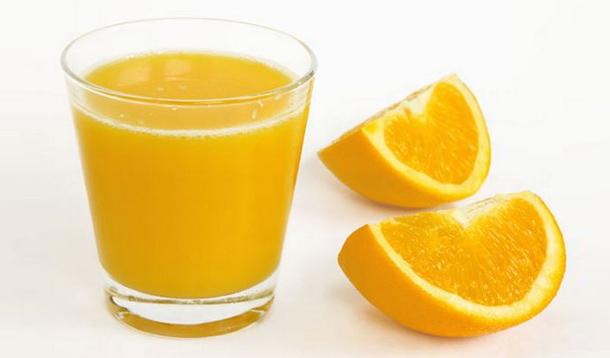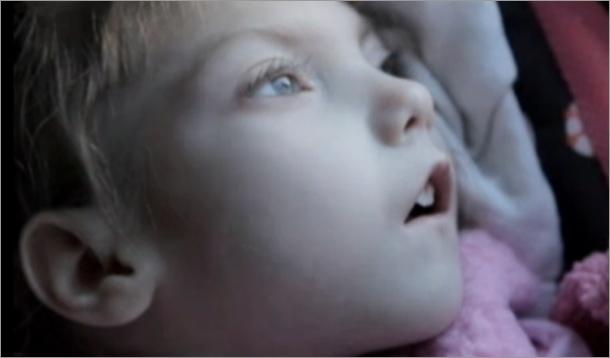
Sharing is caring. Yet even though you may want to teach your preschooler to share—and who doesn't?—you are probably going about it the wrong way. New research states the best way to get kids to share is by giving them the choice.
![]() How To Reduce Parenting Battles By Using This Phrase
How To Reduce Parenting Battles By Using This Phrase
According to an article in Science Daily, forcing or rewarding kids for sharing their toys can only backfire. Published in Psychological Science, the study from Cornell University has found that children become "prosocial" when they perceive themselves "as people who like to share."
Also known as the over-justification effect, children may later resist sharing if they feel coerced or rewarded for doing so. In other words, they must decide to do it by themselves and for themselves.
![]() Should You Pay Your Child An Allowance To Do Chores?
Should You Pay Your Child An Allowance To Do Chores?
As part of the experiments, children between aged three to five years were given the choice to share coveted stickers with a puppet named Doggie, who was feeling sad. Those who shared of their own volition did so repeatedly, while others who were initially compelled to share were later reluctant to do so.
"You might imagine that making difficult, costly choices is taxing for young children or even that once children share, they don't feel the need to do so again," said Cornell psychological scientist, Nadia Chernyak. "But this wasn't the case: Once children made a difficult decision to give up something for someone else, they were more generous, not less, later on."
"Allowing children to make difficult choices may influence their sharing behaviour by teaching them greater lessons about their abilities, preferences, and intentions towards others," concluded Chernyak.
So the next time there's a tug of war over that truck or doll, give a choice, then sit back and do a little experiment of your own.
Is your child a sharer? Did you do anything to nurture that quality?

Fruit. It may be one of your five a day, the key to vitality. But one health expert claims when juiced, fruit is nothing more than a poison.
According to an article in the Telegraph, no matter how you dice it, fruit juice is pure sugar, and therefore can only be bad for us. A new book, "Fat Chance: The Bitter Truth about Sugar" by Robert Lustig offers a damning report on sugar, which the author blames for our current obesity crisis.
Surprisingly, he slams the so-called healthiest sugars as the worst. "Calorie for calorie, 100 per cent orange juice is worse for you [than sodas]," said Lustig.
OK, so most of us drink juice in moderation, but the case studies are shocking: an eight-year-old with high blood pressure, due to a three-glasses-a-day juice habit. (Then again, what else was he eating/drinking?)
The point is that juice has sugars in concentrated form. In other words, most brands contain more sugar than we should be taking in.
The article reminds us that historically juice was akin to a "vitamin shot"—something you took like medicine, only a few tablespoons at a time. Compare that to the average juice box which has around 17g sugar a pop.
Lustig's main peeve, though, is fibre. At least by eating the whole fruit, you get the fibre, which allows your liver to "fully metabolize what's coming in."
But what's a parent to do? Those boxes are just so darn convenient...
Do you worry about how much juice your kids drink?

Some say she's a walking miracle, but Gabby Williams is the answer science has been waiting for. At eight years old, weighing just 11 pounds, the little girl who doesn't age may hold the key to immortality.
According to an article in the Digital Journal, Gabby still needs to be cared for like an infant. Her mother Mary Margret Williams, who must still change her diapers and feed her several times a day, has allowed researchers to study her incredible daughter in an attempt to understand more about the aging process.
Though her skin is still baby-soft, and her hair super-fine, Gabby has grown a little bigger over the passing years, now wearing 3-6 month clothes instead of 0-3 months. While many of us long for the baby phase to last a bit longer, can you imagine it dragging on for years?
Gabby's syndrome is so rare that it doesn't even have an official name. TLC has made a new documentary about it, entitled "40-Year-Old Child: A New Case," which features Gabby, a 29-year-old Florida man who looks like he's just 10, and a 31-year-old Brazilian woman who passes for a toddler.
In the special, Richard Walker, the doctor involved in Gabby's case, describes the genes he believes are responsible for what he calls "developmental inertia."
Though her parents were initially skeptical about their daughter being studied, Walker's research is aimed at helping understand Alzheimer's disease.
"If what Gabrielle holds inside of her would find a cure—for sure we would be a part of the research project. We have faith that Dr. Walker and the scientific community do find something focused more on the disease of aging, rather than making you 35 for the rest of your life." Then there's the woman, who had the opposite condition.